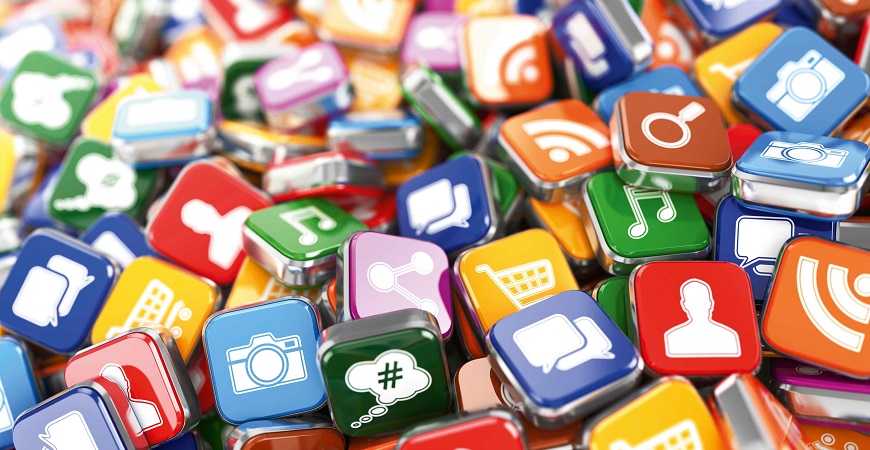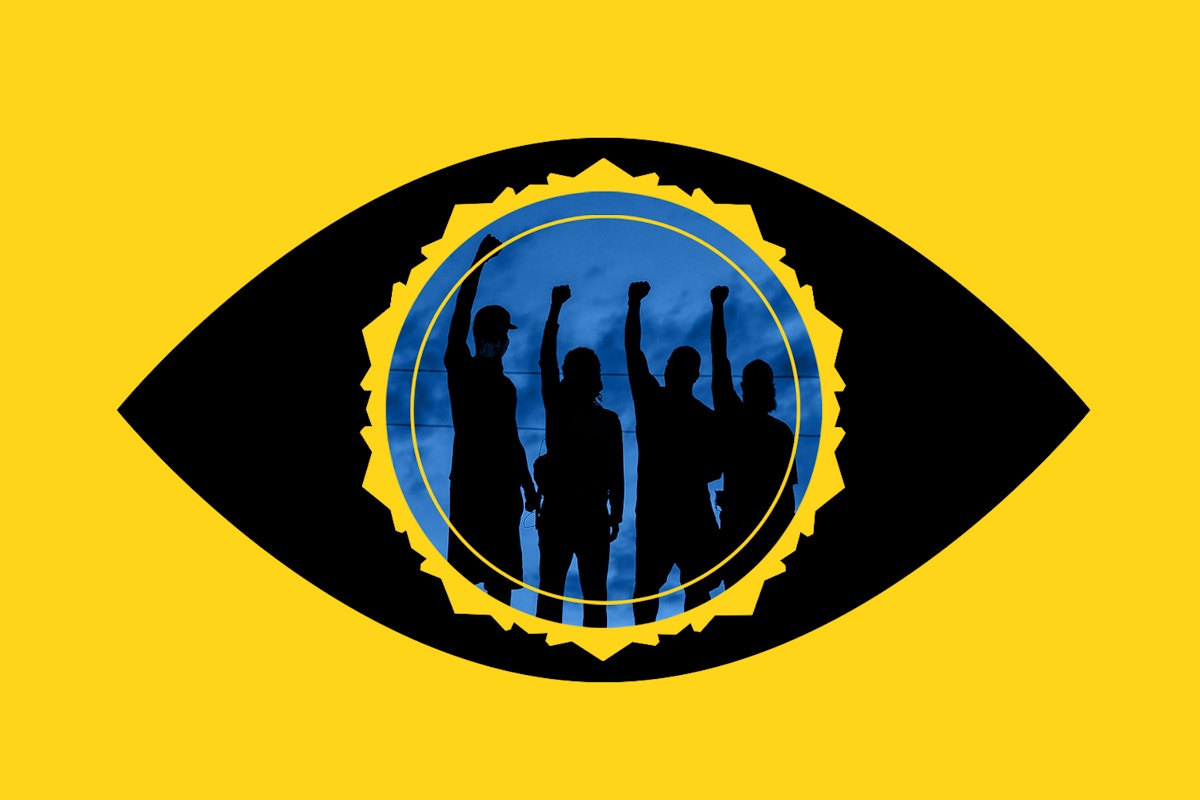
Instagram sputters back to life just as abruptly as it went down
Instagram suffered a two-hour-long outage. The social media platform has now come back to life and started to function normally. The exact cause behind the service going down isn't yet known.













